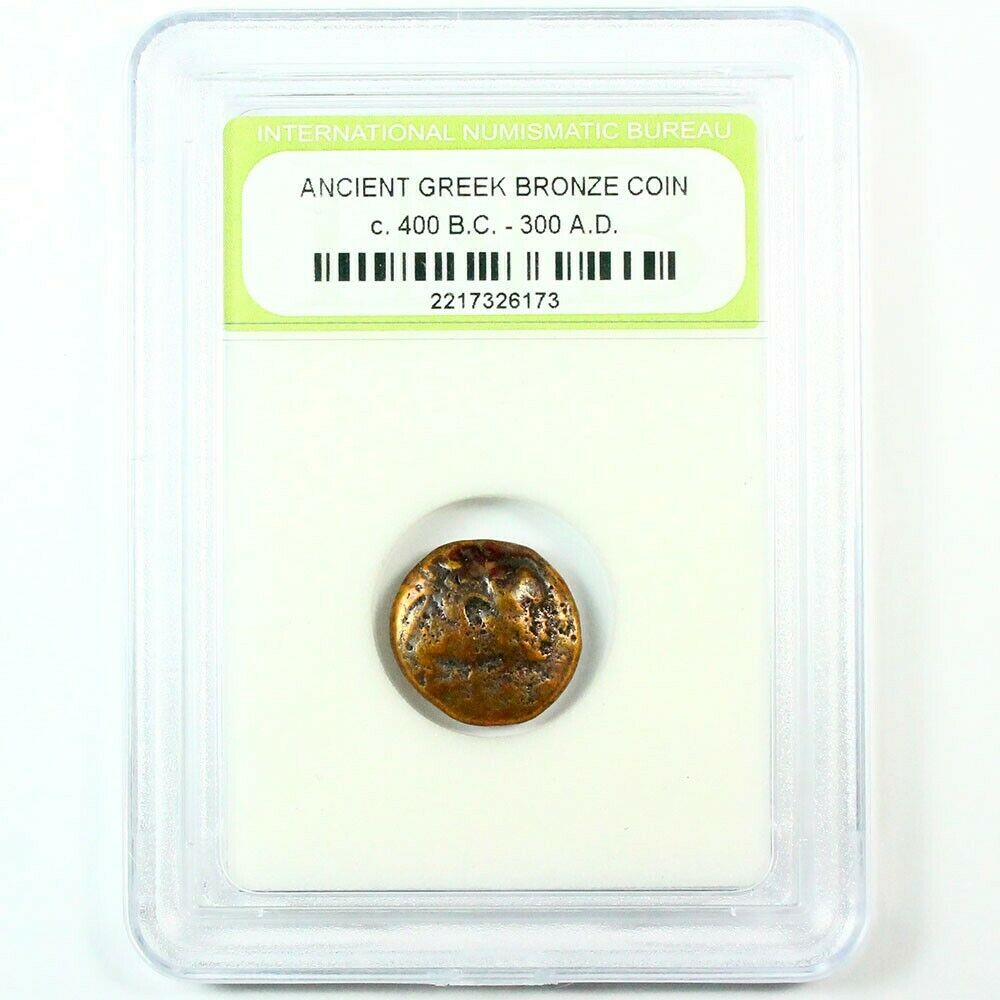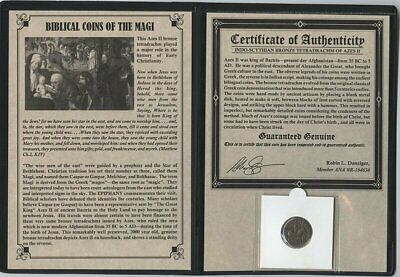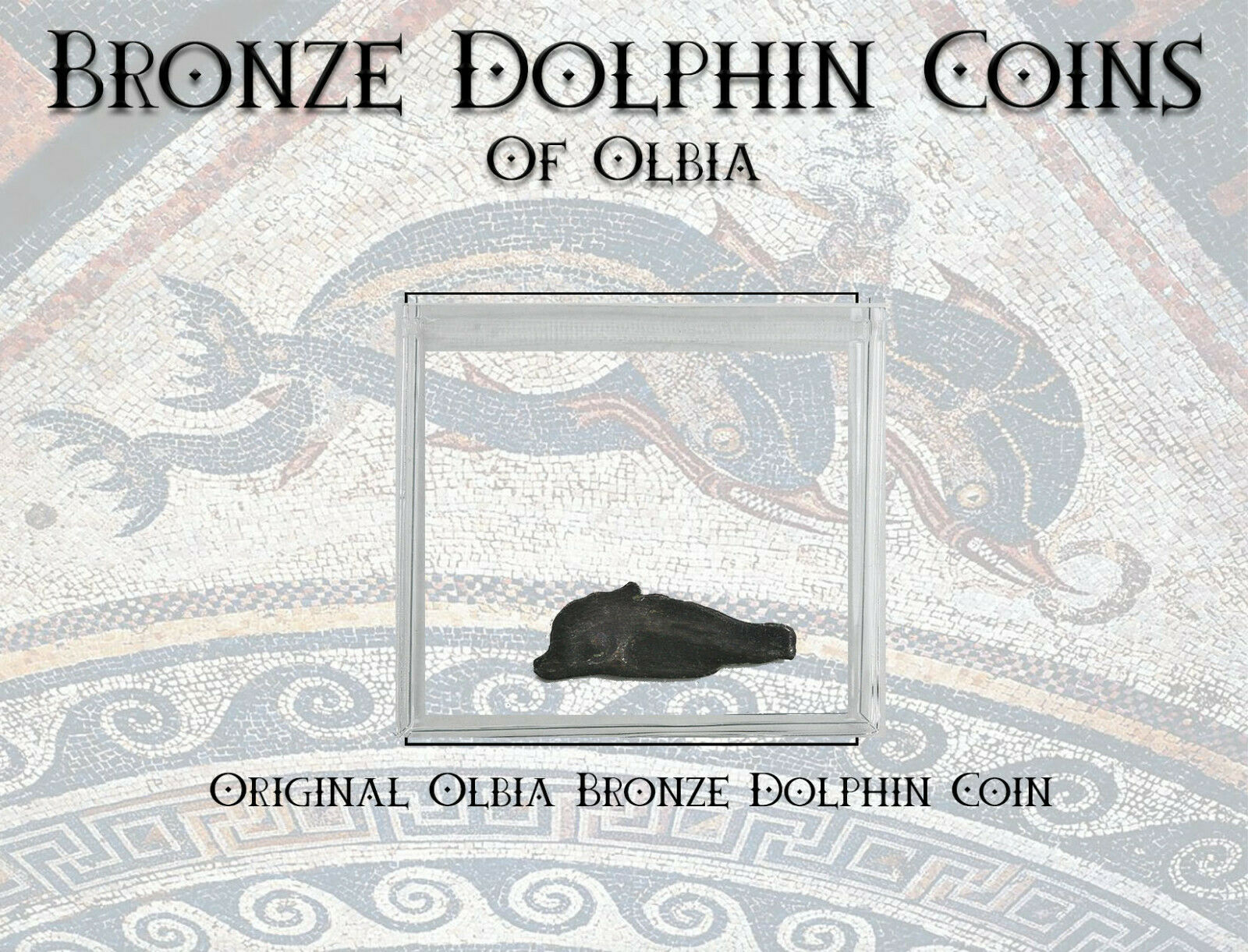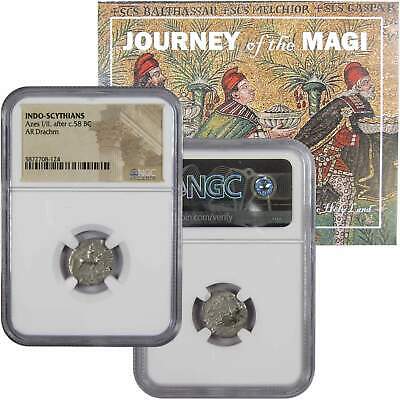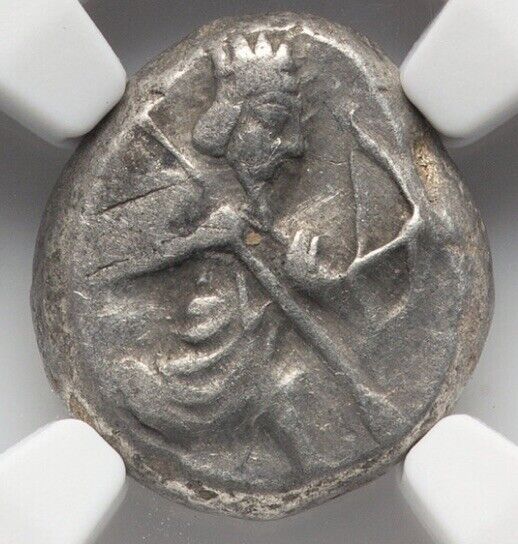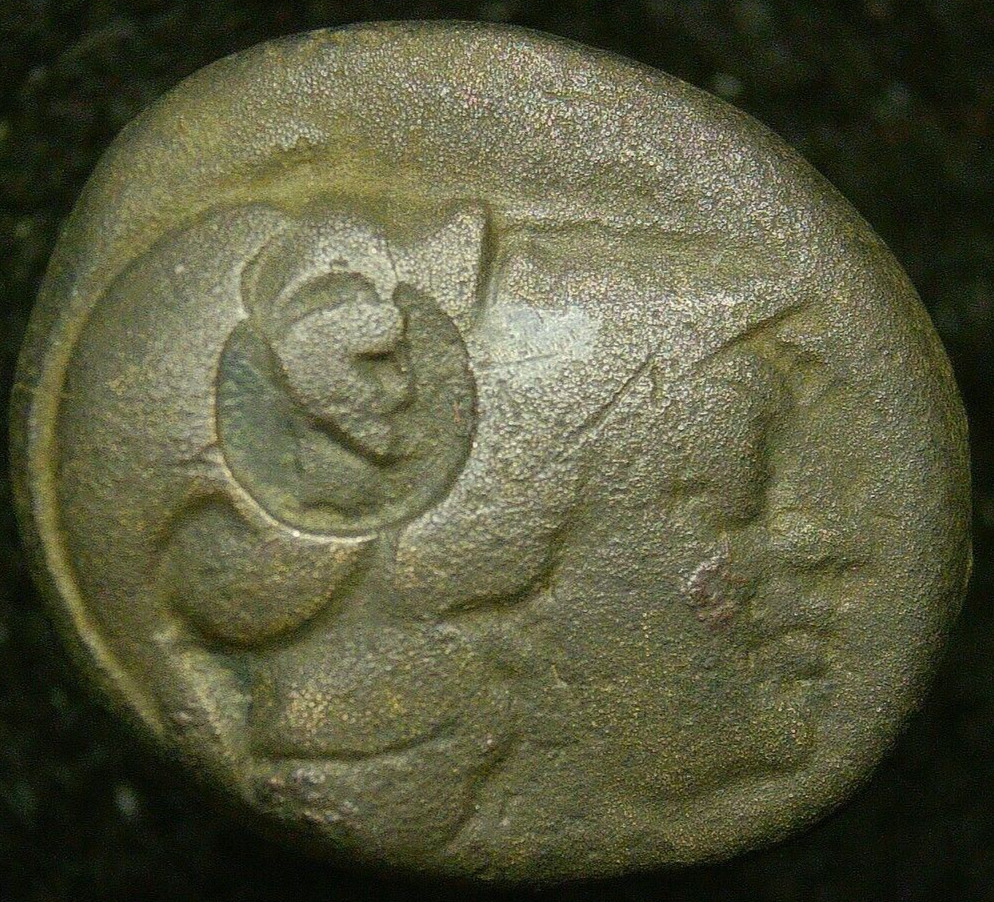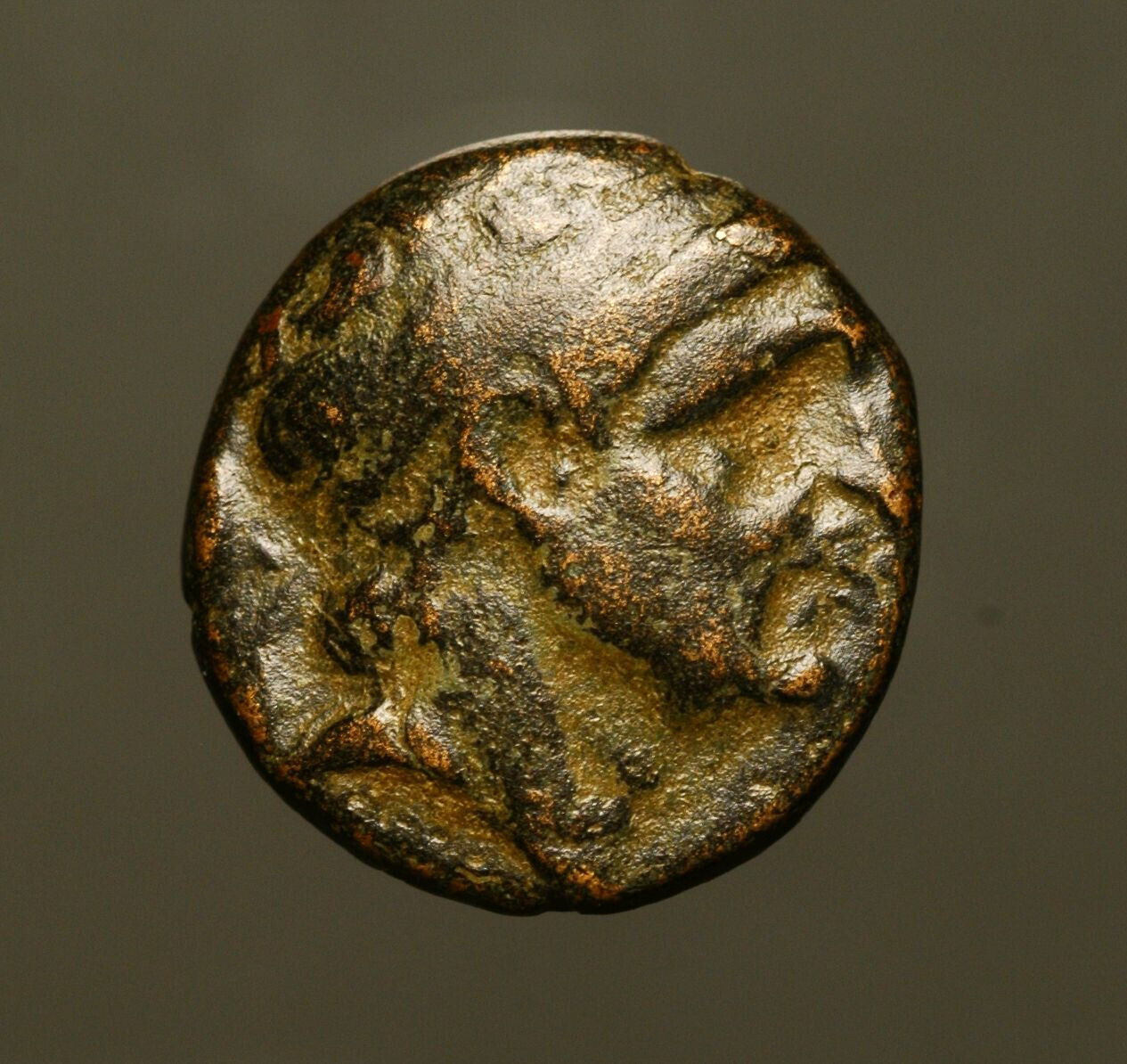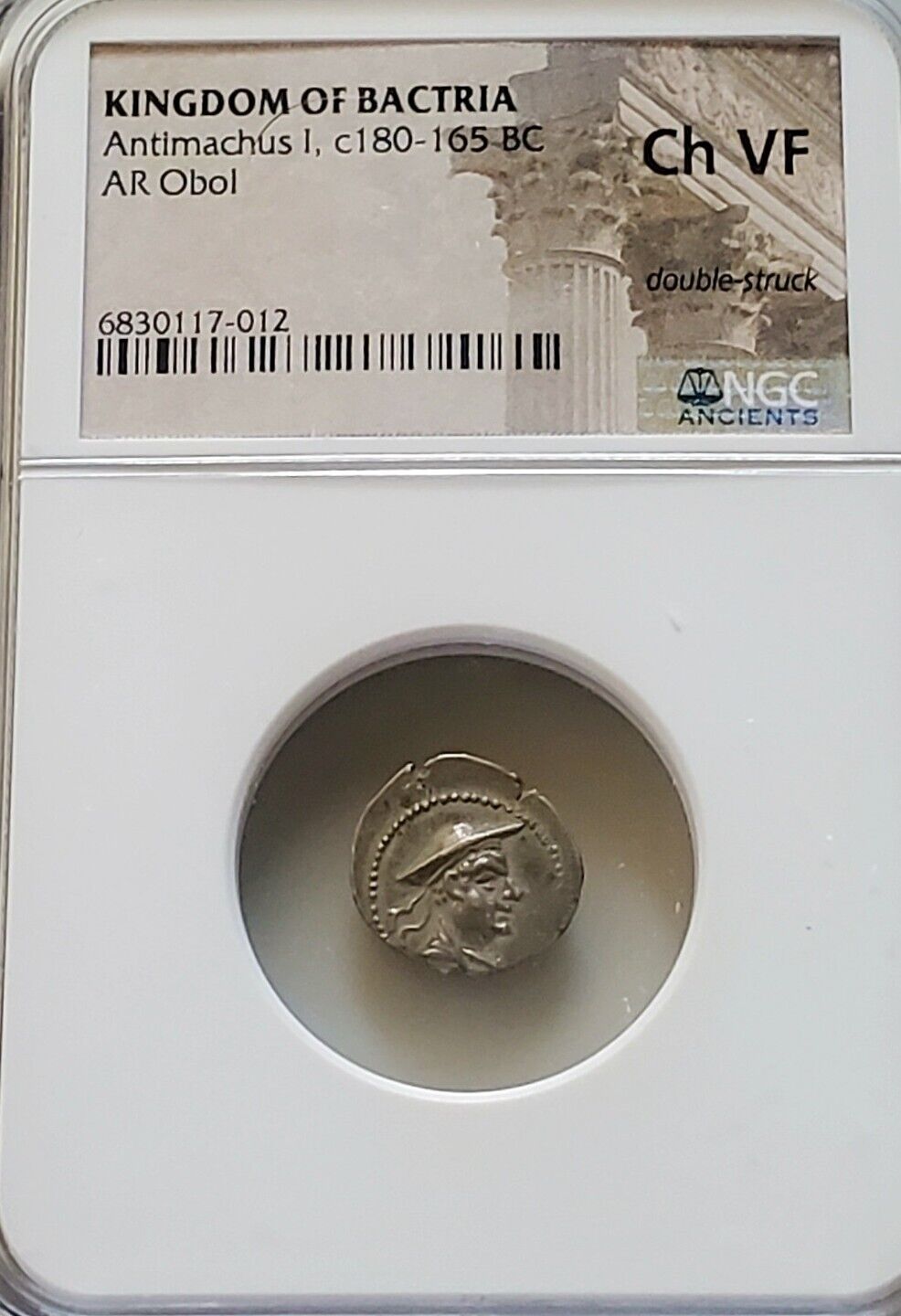-40%
Alexander the Great (336-323 BC) Stunning Drachm. Anceint Greek Silver Coin.
$ 116.13
- Description
- Size Guide
Description
Coin Description:Kingdom of Macedon, Alexander the Great (336-323 BC) AR Drachm (4.08g, 17mm, 8h) Early Posthumous Issue of Lampsakos, circa 310-301 BC. Obv: Head of Herakles to right, wearing lion skin headdress. / Rev: Zeus Aëtophoros seated to left, holding sceptre; AΛΕΞΑΝΔΡΟΥ to right, KI in left field, ME monogram below throne. Price 1406; Müller 821.
Guarantee:
Here at Rare Coins & Collectibles we have pledged to uphold the highest ethical standards. Our in-house authentication screens all coins offered for auction or retail sale. All coins we sell are guaranteed authentic for life and any coin subsequently found to be not authentic may be returned for a full refund of the original purchase price.
Alexander the Great Bio:
Alexander III of Macedon
(20/21 July 356 BC - 10/11 June 323 BC), commonly known as Alexander the Great, was a king (basileus) of the Ancient Greek kingdom of Macedon and a member of the Argead dynasty. He was born in Pella in 356 BC and succeeded his father Philip II to the throne at the age of twenty. He spent most of his ruling years on an unprecedented military campaign through Asia and northeast Africa, and he had created one of the largest empires of the ancient world by the age of thirty, stretching from Greece to northwestern India. He was undefeated in battle and is widely considered one of history's most successful military commanders. During his youth, Alexander was tutored by Aristotle until the age of 16. After Philip's assassination in 336 BC, he succeeded his father to the throne and inherited a strong kingdom and an experienced army. Alexander was awarded the generalship of Greece and used this authority to launch his father's Panhellenic project to lead the Greeks in the conquest of Persia. In 334 BC, he invaded the Achaemenid Empire (Persian Empire) and began a series of campaigns that lasted ten years. Following the conquest of Anatolia, Alexander broke the power of Persia in a series of decisive battles, most notably the battles of Issus and Gaugamela. He subsequently overthrew Persian King Darius III and conquered the Achaemenid Empire in its entirety. At that point, his empire stretched from the Adriatic Sea to the Indus River. He sought to reach the "ends of the world and the Great Outer Sea" and invaded India in 326 BC, winning an important victory over the Pauravas at the Battle of the Hydaspes. He eventually turned back at the demand of his homesick troops. Alexander died in Babylon in 323 BC, the city that he planned to establish as his capital, without executing a series of planned campaigns that would have begun with an invasion of Arabia. In the years following his death, a series of civil wars tore his empire apart, resulting in the establishment of several states ruled by the Diadochi, Alexander's surviving generals and heirs. Alexander's legacy includes the cultural diffusion and syncretism which his conquests engendered, such as Greco-Buddhism. He founded some twenty cities that bore his name, most notably Alexandria in Egypt. Alexander's settlement of Greek colonists and the resulting spread of Greek culture in the east resulted in a new Hellenistic civilization, aspects of which were still evident in the traditions of the Byzantine Empire in the mid-15th century AD and the presence of Greek speakers in central and far eastern Anatolia until the 1920s. Alexander became legendary as a classical hero in the mold of Achilles, and he features prominently in the history and mythic traditions of both Greek and non-Greek cultures. He became the measure against which military leaders compared themselves, and military academies throughout the world still teach his tactics. He is often ranked among the most influential people in human history.
Combined shipping for multiple orders.
International Buyers - Please Note:
Import duties, taxes, and charges are not included in the item price or shipping cost. These charges are the buyer's responsibility.
Please check with your country's customs office to determine what these additional costs will be prior to bidding or buying.


